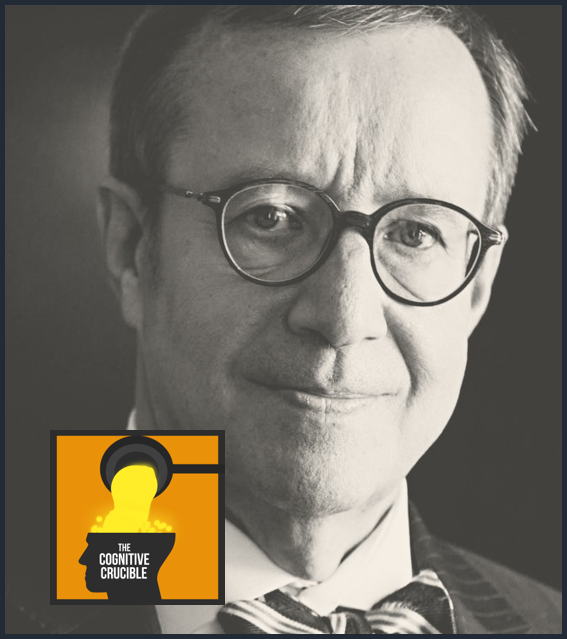
Mr. Toomas Hendrik Ilves, who was the President of Estonia from 2006-2016, discusses a variety of cyber, information operations, and cognitive security topics including: Russian influence, cyber operations vs. kinetic operations, anti-vaxxer disinformation, coding education, and technology adoption in the United States. The episode concludes with Toomas passing along social media security advice to digital native youths.
Books and Other Web Links:
Bio: Toomas Hendrik Ilves is an Estonian politician who served as the fourth President of Estonia from 2006 until 2016. Ilves worked as a diplomat and journalist, and he was the leader of the Social Democratic Party in the 1990s. He served in the government as Minister of Foreign Affairs from 1996 to 1998 and again from 1999 to 2002. Later, he was a Member of the European Parliament from 2004 to 2006.
He acquired his education in the United States – he graduated from Columbia University in New York City in 1976 and received his Master’s degree in Psychology from the University of Pennsylvania in 1978.
1984 he moved to Europe, to work at the office of Radio Free Europe in Munich, Germany, first as a researcher and foreign policy analyst and later as the Head of the Estonian Desk.
From 1993 to 1996 Toomas Hendrik Ilves served in Washington as the Ambassador of the Republic of Estonia to the United States of America and Canada. During this time he initiated with education minister Jaak Aaviksoo the Tiger Leap initiative to computerize and connect all Estonian schools online. From 1996 to 1998, he was Minister of Foreign Affairs. After a brief period as Chairman of the North Atlantic Institute in 1998, he was again appointed Minister of Foreign Affairs, serving until 2002.
From 1996 to 1998, he was the Minister of Foreign Affairs of Estonia. After a brief period as a Chairman of the North Atlantic Institute in 1998, he was again appointed Minister of Foreign Affairs, serving until 2002.
From 2002 to 2004, Mr. Ilves was a Member of the Estonian Parliament; in 2004 he was elected a Member of the European Parliament, where he was Vice-president of the Foreign Affairs Committee. As a MEP, he initiated the Baltic Sea Strategy that later was implemented as official regional policy of the European Union. He also served as the standing rapporteur on the Association agreement with Albania.
IPA is a non-profit organization dedicated to exploring the role of information activities, such as influence and cognitive security, within the national security sector and helping to bridge the divide between operations and research. Its goal is to increase interdisciplinary collaboration between scholars and practitioners and policymakers with an interest in this domain.
For more information, please contact us at communications@information-professionals.org.
Disclosure: As an Amazon Associate, 1) IPA earns from qualifying purchases, 2) IPA gets commissions for purchases made through links in this post.